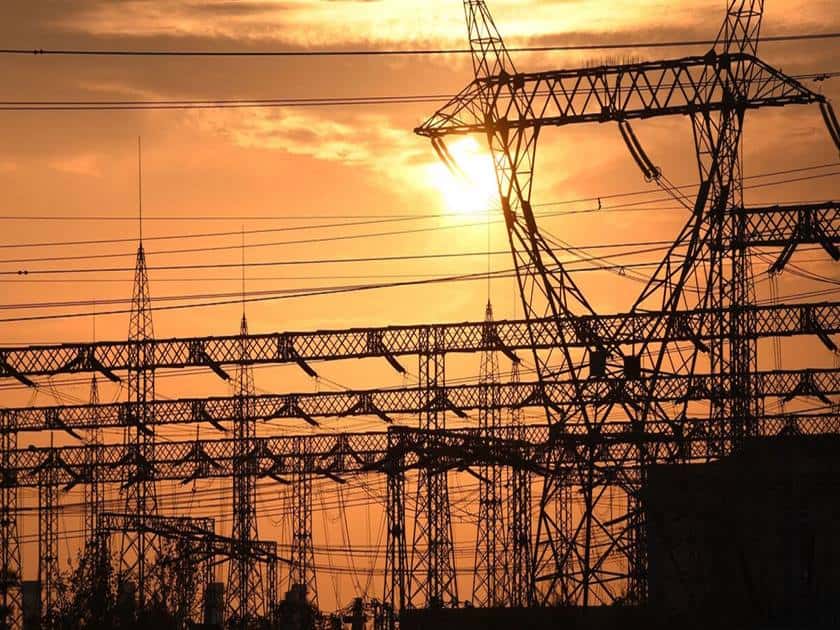Baghdad, Iraq— The Iraqi Ministry of Electricity announced today that it needs 35,000 megawatts of energy to achieve self-sufficiency.
Ahmed Moussa, spokesman for the ministry, said that the electrical connection with neighboring countries will not achieve self-sufficiency for the national system, noting that Iraq needs between 14,000 and 15,000 megawatts to keep pace with demand.
He pointed out that the actual need is 35,000 megawatts to cover the demand.
Moussa explained that although the electrical interconnection projects will not fill the deficit completely, they will be an important part of diversifying energy sources, and will achieve the stability of the electrical supply, adding that his country has completed all the technical commitments to link with Turkey.
He also mentioned that the final operation was signed with Turkey to pass 300 megawatts, but the rise in electricity prices and the increase in demand for gas hampered the implementation, indicating that work is underway to complete joint electrical connection with Jordan.
The spokesman stated that his country also signed a joint interconnection agreement with Saudi Arabia , saying in this regard, “We have determined the paths of the lines and connection points and the first mechanism that will work, which includes 1000 megawatts, pointing out that Iraq is negotiating to settle the tariff and establish the Fao line at the Al-Zour station inside Kuwait and “Now it is being worked on.”
Iraq suffers from a lack of energy supply, especially in the summer due to high temperatures and as a result of the insufficient fuel supplied to power stations, while private generators supply citizens with energy at exorbitant prices that place heavy burdens on citizens’ budgets.

